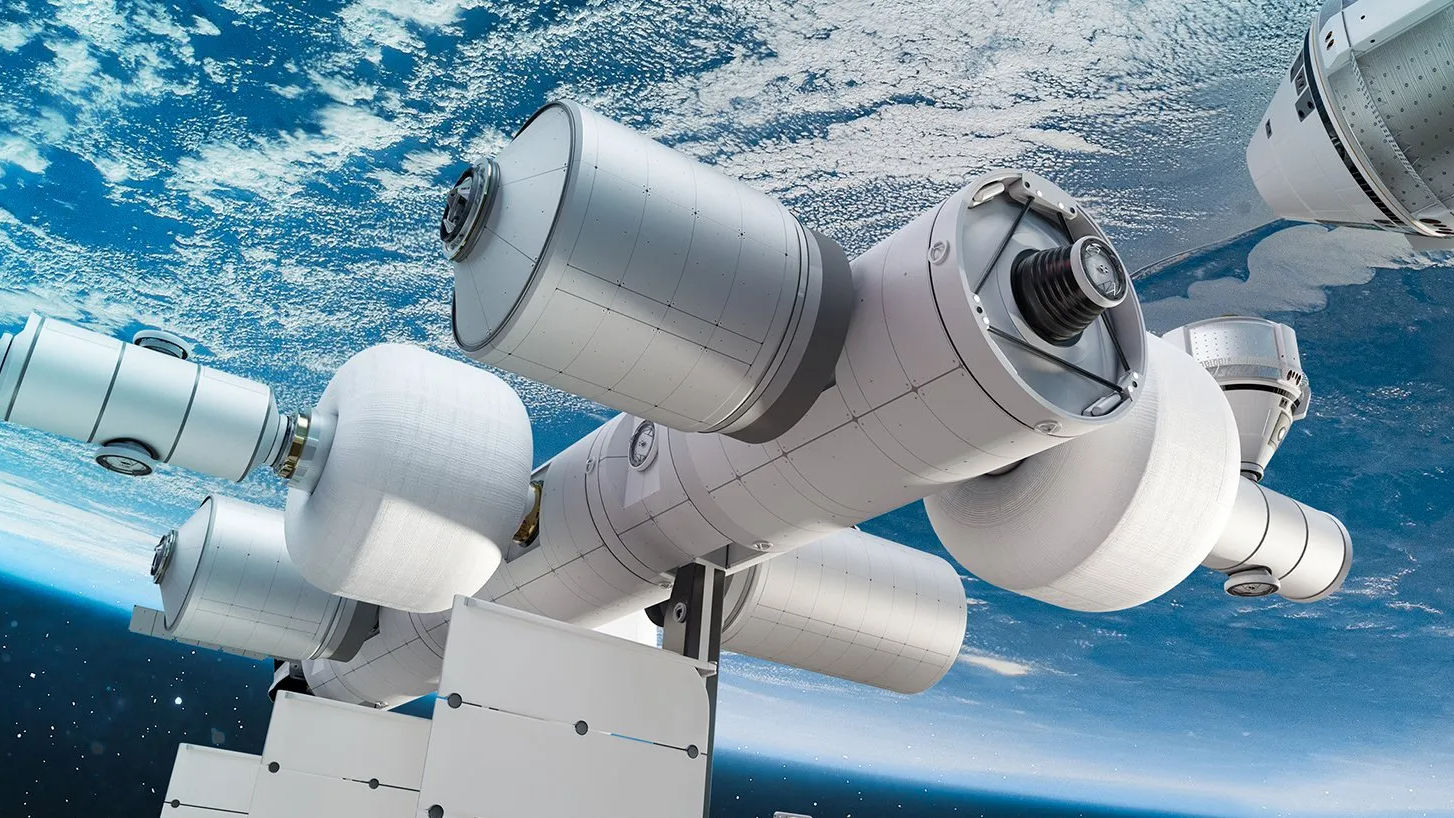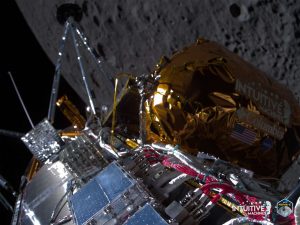Blue Origin, the space company owned by Amazon founder Jeff Bezos, announced that it wants to launch a space station that will be able to house at least 10 people by the second half of the 2020s. The idea, titled “Orbital Reef” by the company in a
press statement, is likely to be a mix-use business park in space that will be
able to support microgravity research and manufacturing.
The venture will
be jointly run by Blue Origin and space company Sierra Space and will be
supported by Boeing and Arizona State University. Brent Sherwood, a Blue Origin
executive, said, “For over sixty years, NASA and other space agencies have
developed orbital space flight and space habitation, setting us up for
commercial business to take off in this decade. He added that Blue Origin will
seek to expand access, lower costs and provide all services and amenities
necessary to normalise space flights.
Also Read | Is that the way death is? 11-minute space odyssey overwhelms William Shatner
Orbital Reef, the
private outpost in space, is one of several similar ideas in the pipeline as US’
National Aeronautics Space Administration (NASA) considers the future of the
International Space Station through the next decade.
Only last week, a
space services company called Nanoracks announced a planned space station to be
operational by 2027. The project will come up in collaboration with Voyager
Space and Lockheed Martin.
Blue Origin has
laid out the plans for Orbital Reef in a fact-sheet. According to the
fact-sheet, Orbital Reef will fly at an altitude of 500 kilometers, slightly
above the International Space Station, with inhabitants for the business park
experiencing 32 sunrises and sunsets in a day.
Also Read | Russian filmmakers land on Earth after filming first movie in space
The space station
will be able to accommodate 10 people in a volume of 830 cubic meters,
therefore, it will be slightly smaller than the International Space Station
(ISS).
The ISS, a rare
testimony of US-Russia’s cooperation is space, was completed in 2011. Currently
rated safe till 2028, Russia has of late equivocated on the future of the space
partnership. Officials say NASA wants the commercial sector to step up and
replace the international space station by 2030.







